Spoof films work in a similar way as pastiches do in other arts, with the exception that they try to mock other films rather than celebrating them. Ever since Chaplin created one of the most daring and influential satires in film history with The Great Dictator, these parodies have evolved and acquired an increasingly absurd tone – the goal is not so much producing a coherent plot as it is about helping our brains to switch off for a time and granting us good, unconcerned laughs in the process.
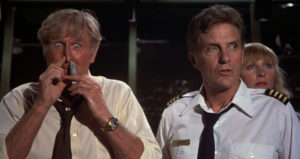 Mel Brooks found his voice as a comedian with celebrated spoof movies like The Producers, Blazing Saddles and Young Frankenstein. These films display a pretty clever absurdity, as they identify many of the typical tropes in western, horror, and other genres, and bring it to a territory where the audience is granted a new perspective on elements they are very familiar with.
Mel Brooks found his voice as a comedian with celebrated spoof movies like The Producers, Blazing Saddles and Young Frankenstein. These films display a pretty clever absurdity, as they identify many of the typical tropes in western, horror, and other genres, and bring it to a territory where the audience is granted a new perspective on elements they are very familiar with.
Nobody defined the thin line between satire and parody as Vladimir Nabokov: “Satire is a lesson, parody is a game.” Most of the films often labeled as spoof make a habit of breaking the fourth wall, presenting the movie as an entity aware of itself and interacting with the audience in unexpected moments.
Many films in this genre ha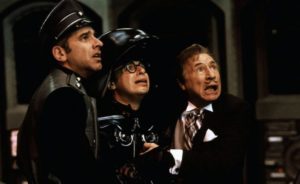 ve been accused of lacking focus and relying excessively on lowbrow humor, but still there are plenty examples of spoof scripts that have shown brilliant creativity and uniqueness in their humor, and have left quotes and gags whose hilarity has remained intact over the decades.
ve been accused of lacking focus and relying excessively on lowbrow humor, but still there are plenty examples of spoof scripts that have shown brilliant creativity and uniqueness in their humor, and have left quotes and gags whose hilarity has remained intact over the decades.
These are some of the best spoof/satire movie scripts:
(1940) The Great Dictator
(1948) Abbott and Costello Meet Frankenstein
(1967) The Producers
(1969) Support Your Local Sheriff
(1974) Monty Python and the Holy Grail
(1974) Blazing Saddles
(1974) Young Frankenstein
(1979) Life of Brian
(1980) Airplane!
(1984) This is Spinal Tap
(1984) Top Secret!
(1987) Spaceballs
(1991) Naked Gun 2 1/2: The Smell of Fear
(1991) Hot Shots!
(1999) Galaxy Quest
(2004) Team America: World Police
(2004) Shaun of the Dead



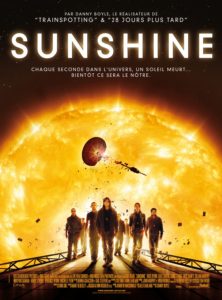
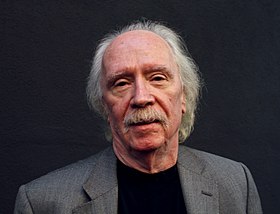
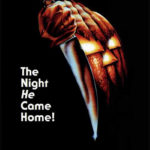

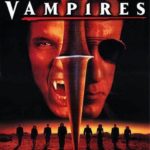
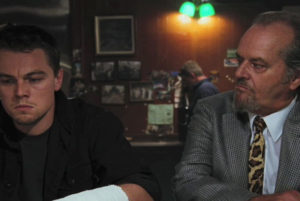
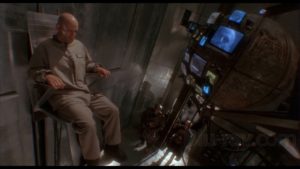

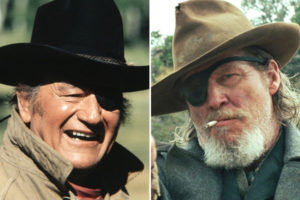

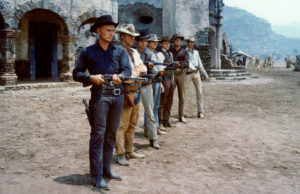
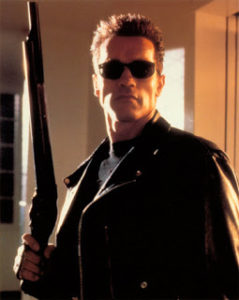

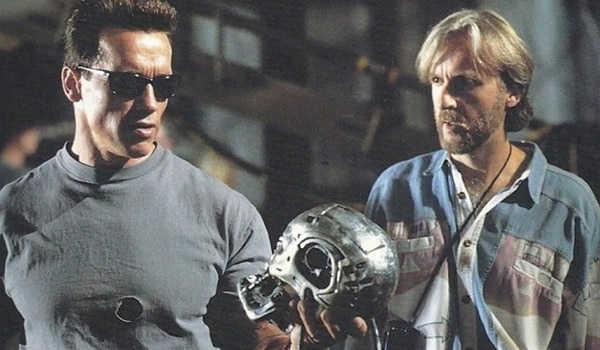
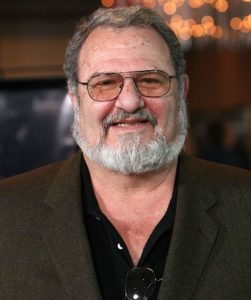
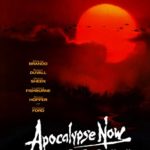
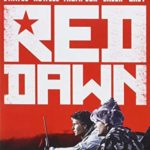
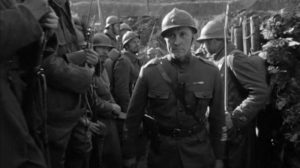
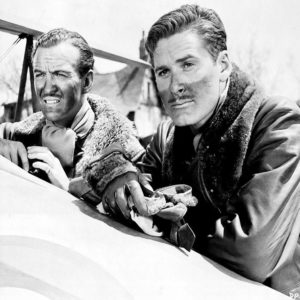

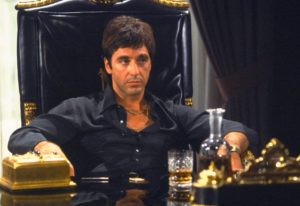
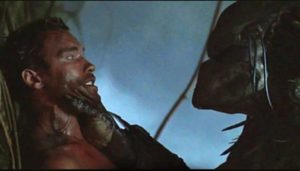
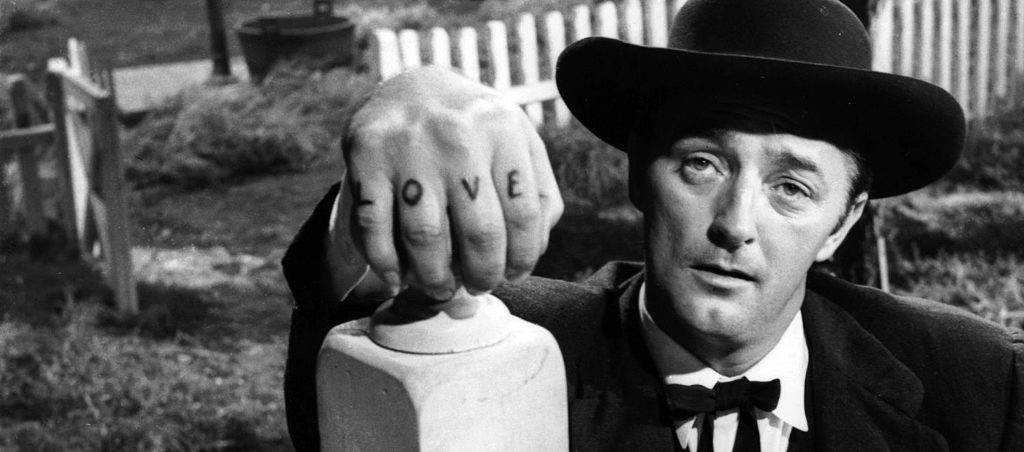
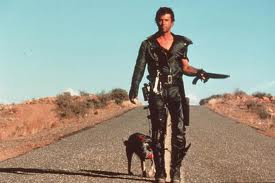


You must be logged in to post a comment.